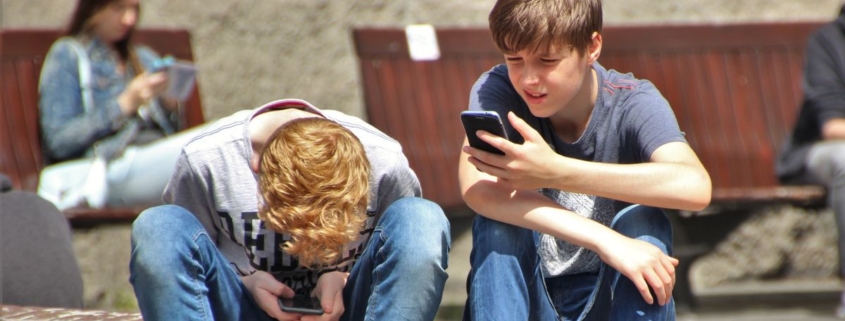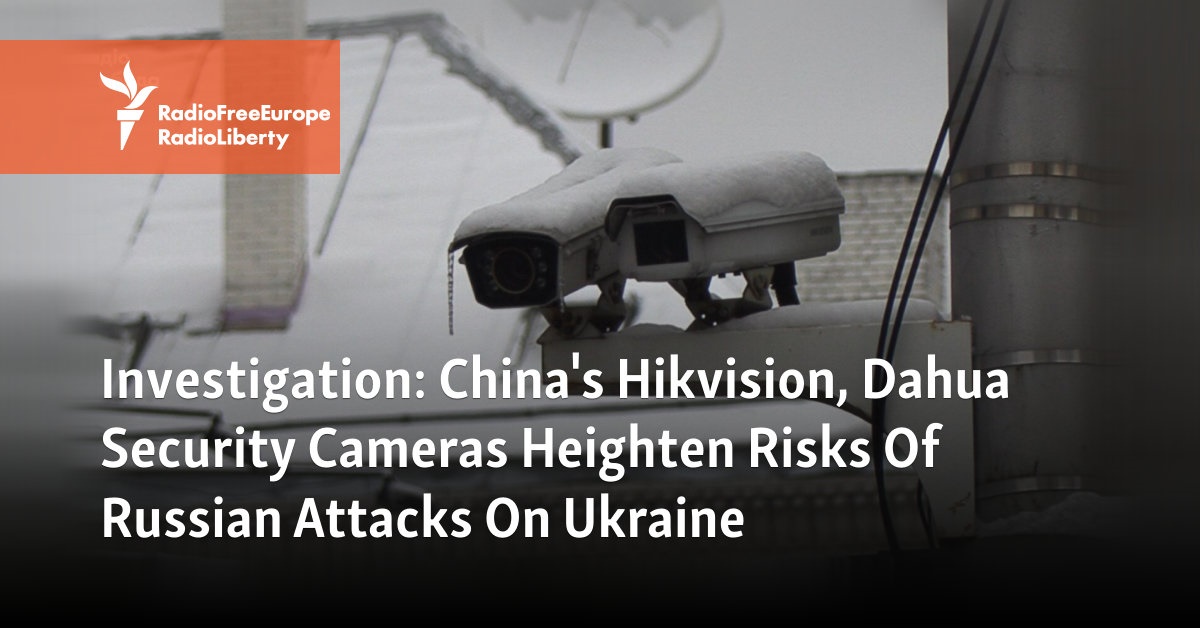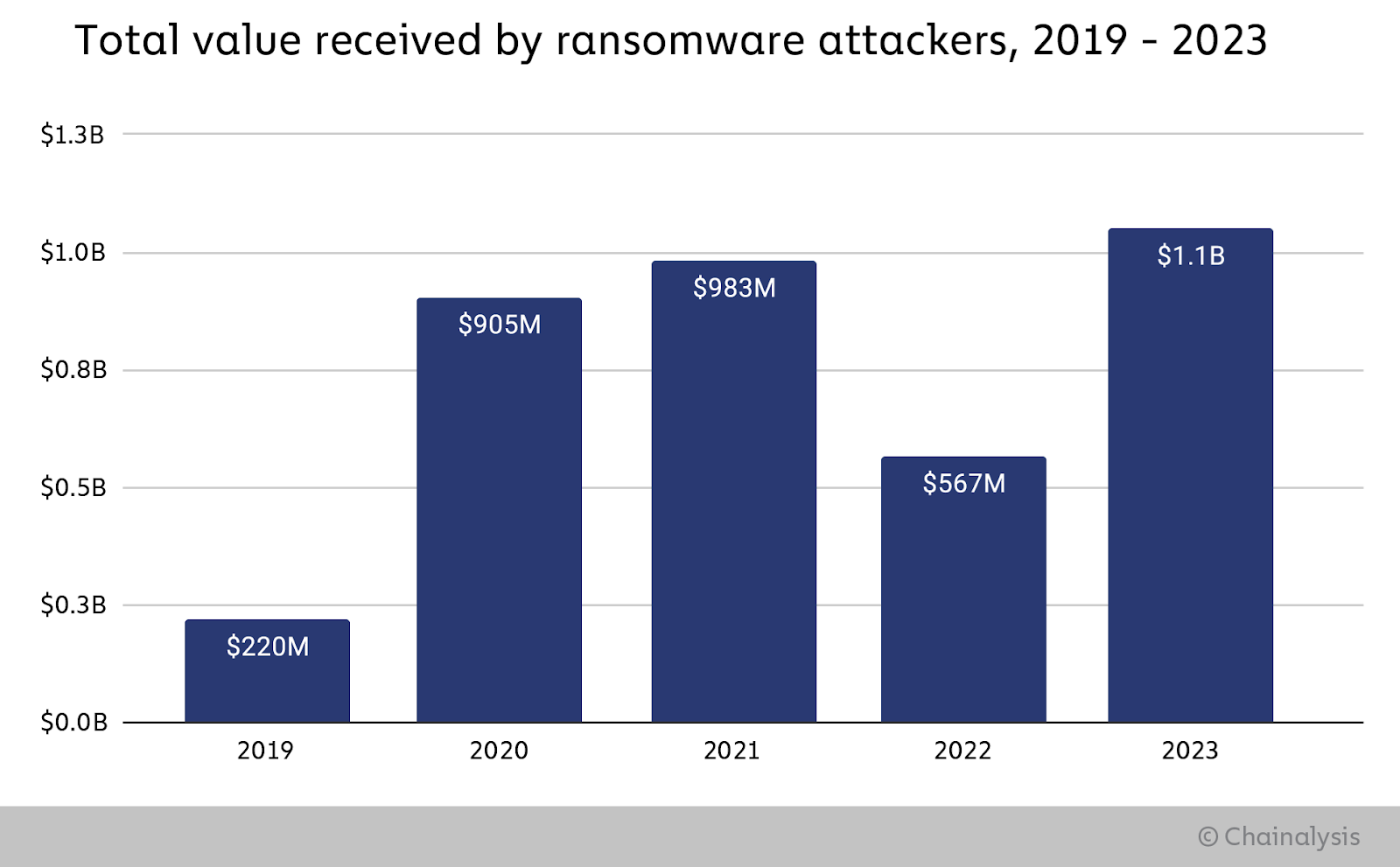Internet quality doesn’t mean security, especially for children—experts say
When it comes to the internet, you might be inclined to think that countries boasting a more reliable infrastructure are also benefiting from better online security. Well, that’s proven to be a mere conjecture.
Researchers at VPN service provider Surfshark have found that some of the nations offering the highest digital quality of life are actually struggling to protect children online.
Published for this year’s Safer Internet Day on February 6, the new Surfshark report adds to another recent investigation in which the provider recorded over 1,700 websites containing unreported child sexual abuse content in the EU alone.
Children online safety conundrum
“In an age where our children leave their digital footprints before they can walk, ensuring their online journey is safe is not just a responsibility but also a crucial obligation,” Agneska Sablovskaja, Lead Researcher at Surfshark, told TechRadar.
It’s in this light that researchers decided to see whether or not there exists a correlation between better internet quality and children’s online security.
To do so, they compare the data coming from the Children’s Online Safety Index (COSI), a national-level metric that maps improvements in child online safety measures, the KidsRights Index which measures how children’s rights are respected worldwide, and their very own Digital Quality of Life, a global ranking of overall digital wellbeing.
What they found out was in stark contrast with what might look like from the surface.
Countries with a higher standard of digital life often exhibit higher levels of children’s online safety. Yet, Sablovskaja explained that this doesn’t necessarily translate into better protections for children in the end. “In some countries, particularly in Europe, a high quality of digital life does not guarantee a significant level of online protection for kids,” she added.
Among the worst-performing 19 countries, 14 are in Europe—Austria, Bulgaria, Croatia, Denmark, Estonia, Finland, Greece, Latvia, Lithuania, the Netherlands, Poland, Slovakia, Switzerland, and Ukraine. Three Asian nations (Israel, Bahrain, and Kazakhstan) are included due to a lack of effective child protection online, alongside two South…


